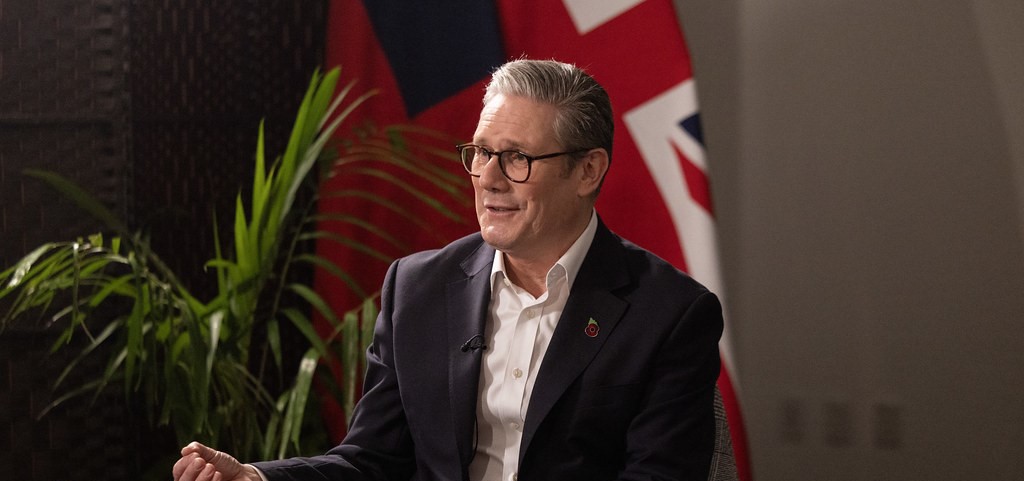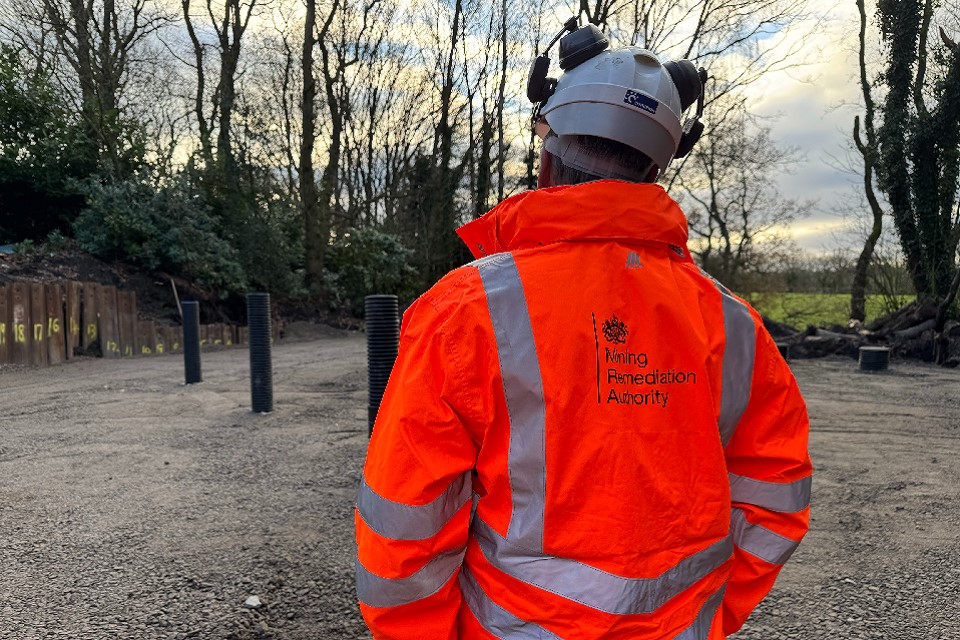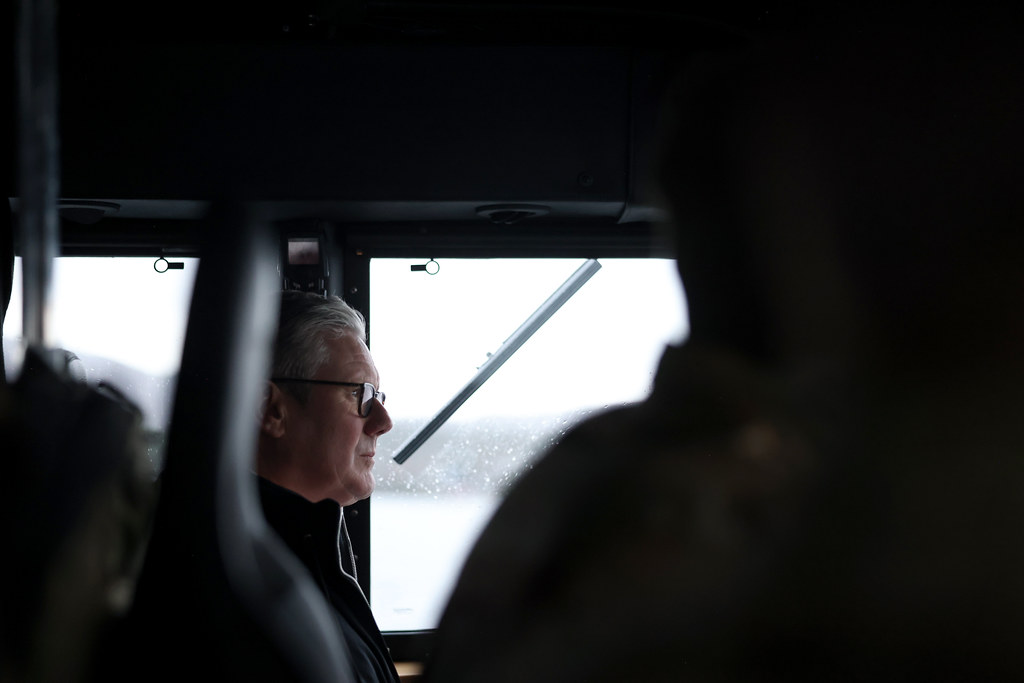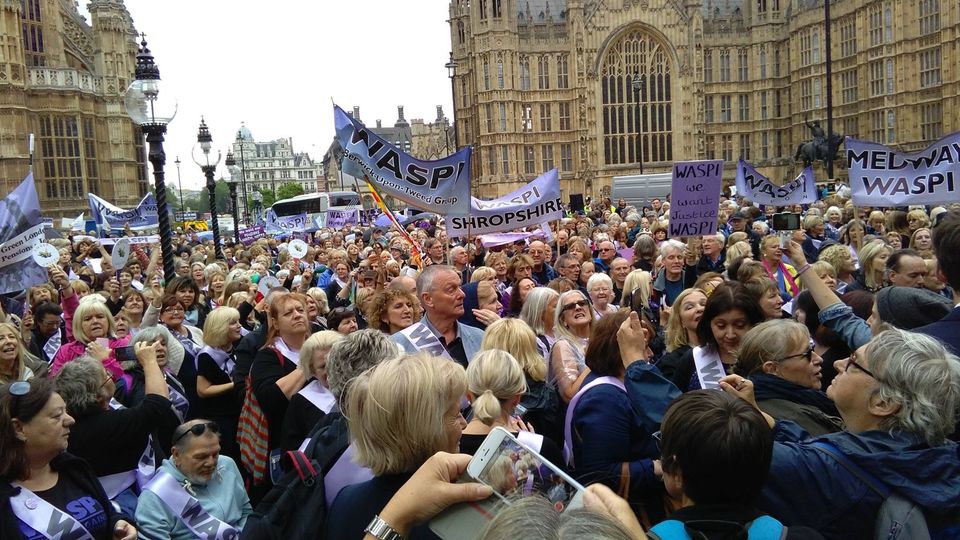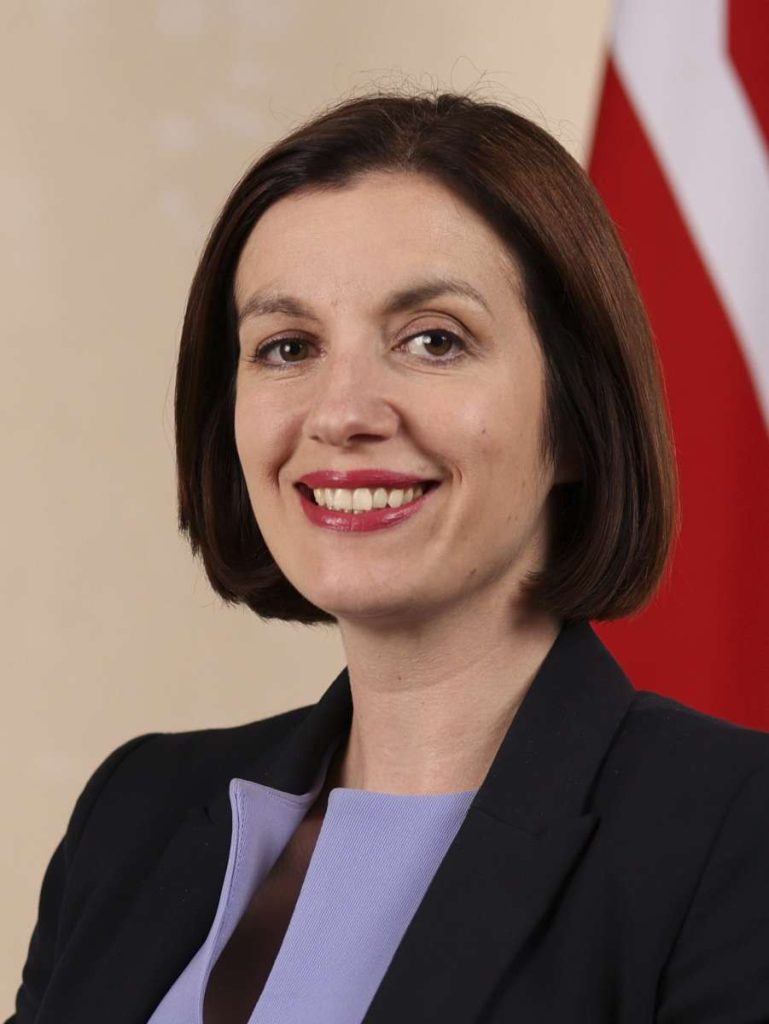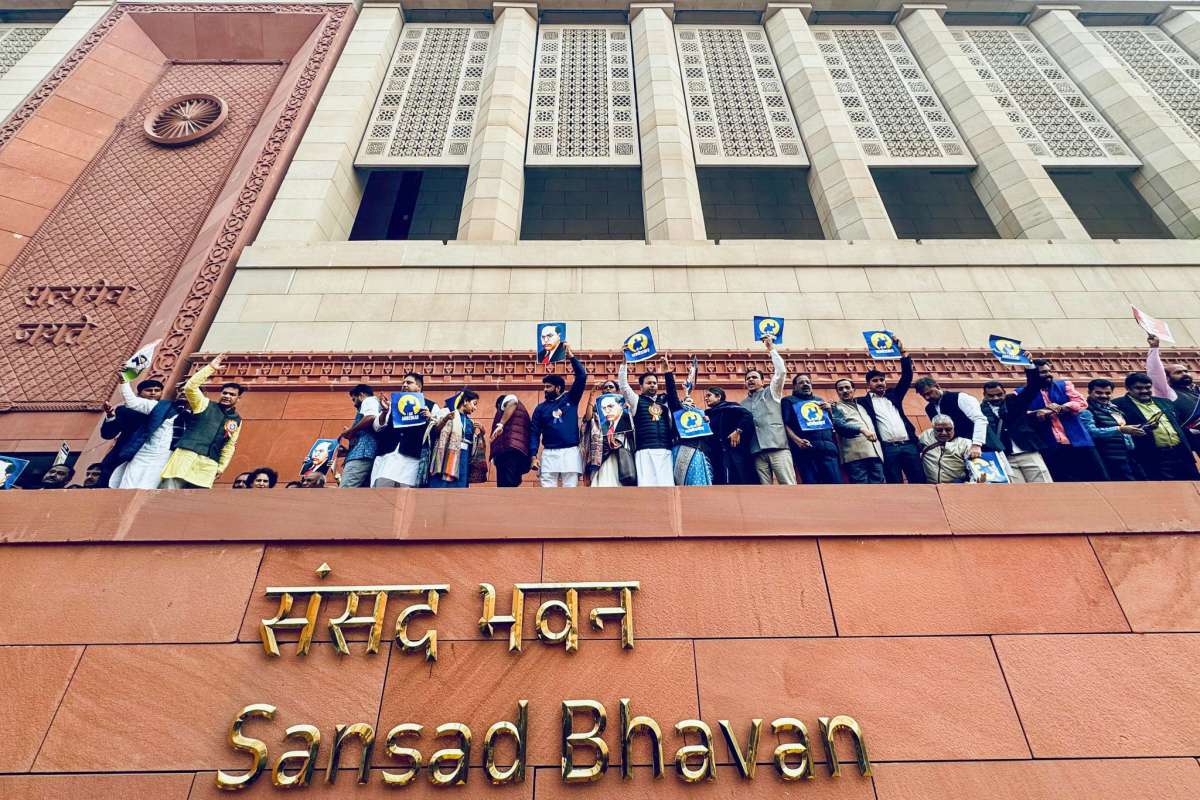Starmer will defend Labour plans in speech and insist working people need better public services more than lower taxes…reports Asian Lite News
Keir Starmer will promise to “embrace the harsh light of fiscal reality” on Monday as his chancellor prepares to unveil a budget that includes billions of pounds’ worth of tax rises and spending cuts.
The prime minister will give a speech in the West Midlands defending Labour’s approach to the economy, as Rachel Reeves prepares to announce what she promises will be as momentous a budget as any in the party’s history.
The chancellor will on Wednesday set out a major boost to capital spending, paid for by higher borrowing, a series of tax rises and an immediate squeeze on departmental budgets. With days to go until the announcement, senior Labour figures are concerned they will be punished by voters for raising national insurance contributions, having promised not to do so in their election manifesto.
The prime minister will bat away such concerns in his speech on Monday, insisting that working people need better public services.
Starmer will say: “It is working people who pay the price when their government fails to deliver economic stability. They’ve had enough of slow growth, stagnant living standards and crumbling public services.”
He will add: “It’s time to choose a clear path, and embrace the harsh light of fiscal reality so we can come together behind a credible, long-term plan. It’s time we ran towards the tough decisions, because ignoring them set us on the path of decline. It’s time we ignored the populist chorus of easy answers … we’re never going back to that.”
Starmer’s speech marks an attempt to head off criticism ahead of one of the most important weeks for his premiership so far. At the heart of the budget will be a major increase in national insurance contributions paid by employers. The chancellor is set to raise at least £8.5bn by raising those contributions, and will also reduce the threshold at which they are applied.
That tax rise will be accompanied by a series of other rises that could also prove controversial. They include levying VAT on private schools, increasing capital gains tax on share sales and imposing inheritance tax on some agricultural property.
The money will help close the £22bn gap in the public finances that Reeves says was left behind by the previous government. The chancellor has said she aims to raise another £18bn to improve public services, including funding a 4.5% annual increase in the NHS budget.
Reeves will cut the day-to-day spending budgets for departments including the Ministry of Justice, the transport department and the housing department. In the longer term, the chancellor will change the government’s definition of debt to allow her to borrow an additional £50bn a year for capital investment by the end of the parliament. But in an effort to reassure the bond markets, she is set to limit herself to borrowing only £20bn-£25bn more than currently forecast.
The extra money will help pay for an additional £1.4bn to repair school buildings, as well as two carbon capture and storage sites in the north of England, and a plan to regenerate Euston station and complete the high-speed rail link with Old Oak Common.
It will not be used to pay for more freeports, despite Downing Street announcing last week that the chancellor would unveil five new sites in the budget. The Financial Times revealed on Sunday that the announcement had been a mistake and that the money would be used for previously announced sites instead. “It just was a total cock-up with the comms,” one official said.
Ministers have spent much of the last week embroiled in a row over who should count as “working people”, given they promised not to raise taxes on working people in their manifesto. Last week Starmer said he used the term for people who earn money through work rather than from assets such as shares or property, though Downing Street later said people who owned small numbers of shares could count as working people.
Bridget Phillipson, the education secretary, told the BBC on Sunday: “Coming out of this budget, working people will not see higher taxes in the payslips that they receive. That is really important, because we know the pressures that people are under.”
Starmer will on Monday attempt to recast that debate, saying: “We choose a different path: honest, responsible, long-term decisions in the interests of working people.”
In an echo of the downbeat tone he struck in a speech in the Downing Street garden in August, he will add: “We have to be realistic about where we are as a country. This is not 1997, when the economy was decent but public services were on their knees. And it’s not 2010, where public services were strong but the public finances were weak. These are unprecedented circumstances.”
Despite extensive efforts by Reeves and Starmer to prepare voters and the markets for the budget to come, some cabinet ministers are concerned about the impact of its measures on the party’s faltering poll ratings.
